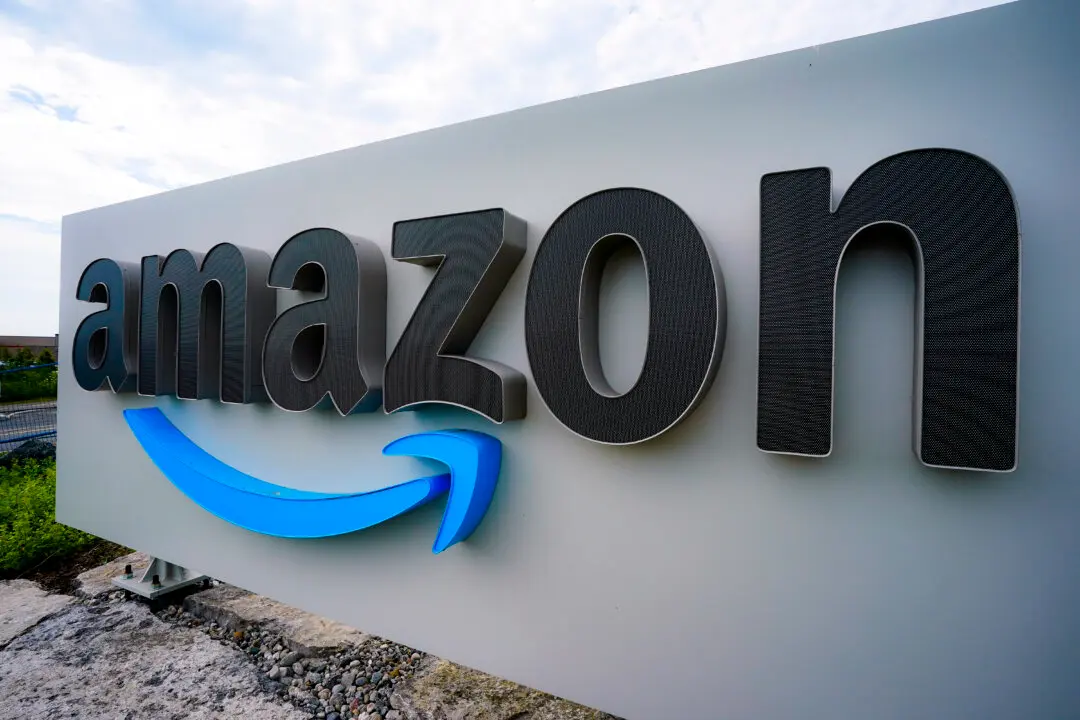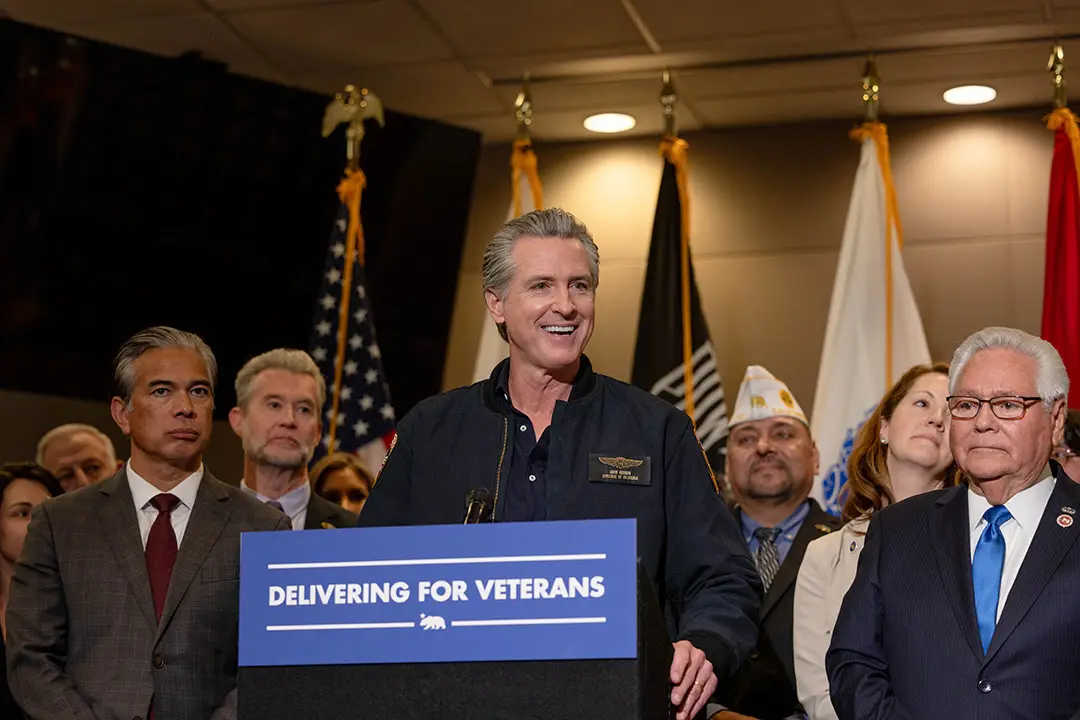The U.S. Consumer Product Safety Commission (CPSC) on Tuesday issued a unanimous decision and order finding Amazon.com Inc. responsible for distributing products that pose significant safety risks to consumers.
This determination includes more than 400,000 units of faulty carbon monoxide detectors, hairdryers lacking electrocution protection, and children’s sleepwear that does not meet federal flammability standards, according to the July 30 order from the commission.





